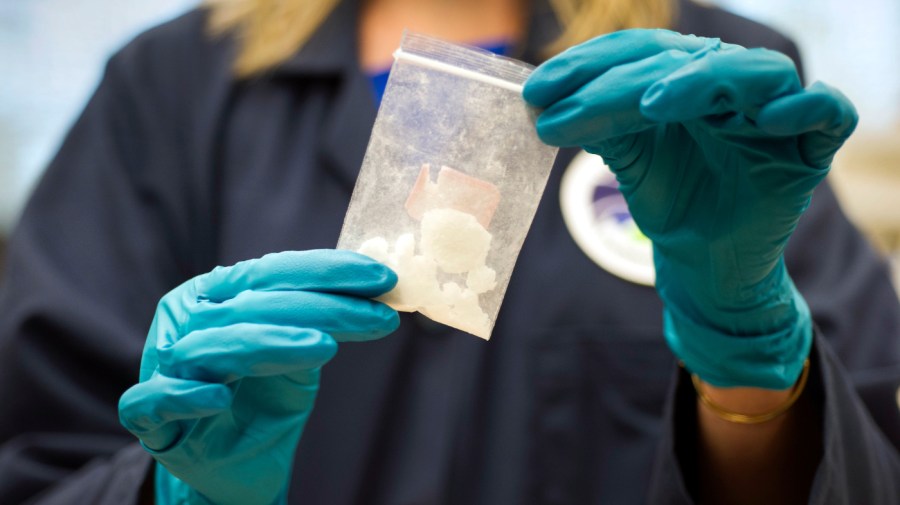The U.S. Drug Enforcement Administration (DEA) on Friday warned of an increase in illegal online pharmacies selling counterfeit pills made with fentanyl and methamphetamine.
“As Americans increasingly turn to online pharmacies to purchase necessary medications, DEA is issuing this Public Safety Alert to warn of an increase in illegal online, often foreign-based websites that are deceptively targeting American consumers,” the DEA said in a release.
The DEA said it has identified websites in India and the Dominican Republic that claim to be legitimate, based in the U.S. or approved by the Food and Drug Administration, but have actually been working with drug traffickers.
The DEA cautioned that these sites will often use U.S. website addresses and “professional-looking” designs to appear legitimate.
“These companies operate illegally, deliberately deceiving American customers into believing they are purchasing safe, regulated medications when they are actually selling fake, counterfeit pills made with fentanyl or methamphetamine,” the DEA warned.
On Wednesday, the Centers for Disease Control and Prevention in a press release also warned about a “potential public health risk” from ordering what appears to be prescription medications from online pharmacies.
Last month, the Department of Justice announced charges against nearly 20 defendants related to the distribution and manufacturing of counterfeit pharmaceuticals through online pharmacies.
Fentanyl in pill form is becoming increasingly common, with pills accounting for roughly half of illicit fentanyl seizures last year, compared to 10 percent in 2017, The Hill reported earlier this year.
The Hill reported fentanyl seizures by law enforcement nearly quadrupled between 2017 and 2023 as researchers have continued to find the drug in the country’s drug supply.
About 50,000 pills containing fentanyl were seized in 2017, and the figure shot up to more than 115 million pills in 2023, according to data from the federal High Intensity Drug Trafficking Areas (HIDTA) program. Researchers on the study, funded by the National Institute on Drug Abuse, sourced data from the HIDTA.

